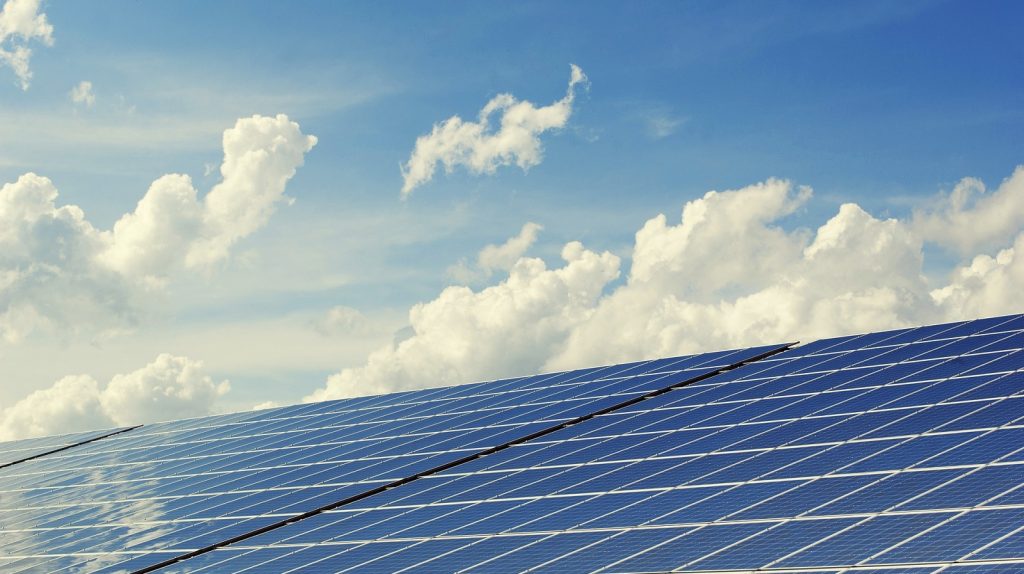AI chat is no longer just about faster answers or conversational tone. Search.com, a division of Public Good, has launched a generative AI search…
Is spike in energy deals evidence that Section 12J funds are driving VC boom in SA?

Is a massive spike in energy deals last year evidence that a 2008 venture capital (VC) tax incentive is behind South Africa’s 31% increase in VC investments last year over 2017?
The latest Southern African Venture Capital and Private Equity Association’s (Savca) Venture Capital Industry Survey, reveals that VC investment increased from over R1.1-billion in 2017 to over R1.5-billion last year.
This, while the number of reported South African VC deals rose from 159 deals in 2017 to 181 last year (see this story).
The report released this month was carried out in collaboration with research partner Venture Solutions. The survey features data gathered from over 50 fund managers as well as other industry investors.
Presenting the report at an event held at law firm Bowmans’ offices in Cape Town last night, the report’s author, Venture Solution’s Stephan Lamprecht surmised that driving the increase has been the recent uptake in the funds registered under the South African Revenue Services’s (Sars) Section 12J tax incentive.
The significant increase in energy VC deals is being driven by the Section 12J tax incentive
The incentive, set up under Section 12J of the Income Tax Act, allows investors who make investments in approved VCCs — that then invest in qualifying small companies — a tax deduction.
Lamprecht said as of February this year there was about R7-billion under management by VC companies accredited by Sars under Section 12J.
Energy deals spiked in 2018
It’s not clear to what degree the incentive has had an effect on driving the increase in VC investments in South Africa. A significant amount of the funds under management have yet to be deployed.
In addition, in compiling the research, Lamprecht excluded property investments (things such as accommodation, real-estate, land and farming) which one consultant earlier this year estimated made up about 58% of the over R3-billion raised by Section 12J VC companies in the 2019 tax year (see this story).
However, Lamprecht was more clear that the incentive has helped to dramatically increase the number of VC deals in energy type businesses. Such deals include for example equity investments in solar PVR units set up at office parks and elsewhere.
VC deals in the energy sector accounted for the fourth largest share in active deals if taken by value. They now account for 10.2% or about R540-million of the over R5.3-billion in VC, under management by fund managers.
As a share of the total value under management, energy investments come in behind only those in manufacturing, food and beverages and medical devices.
In addition, the number of energy deals jumped to 24 in 2018, from just four in 2017 (see the above Figure 6 drawn from the report). Energy deals now account for just under eight percent of the 665 deals under management.
’12J research sent to PwC’
Meanwhile Savca CEO Tanya van Lill at the same event yesterday said research by the Section 12J Association of South Africa (S12J Association) on the impact that the incentive has had on the economy, has been completed.
She said the data had been sent to PwC which is completing an economic impact report. When this is concluded the report will then be submitted with the research to Sars, she said.
The association was set up in January this year (see this story) with help from Savca.
In July experts raised concern over a new threshold for deductions that investors can make under Section 12J of the Income Tax Act, saying it will reduce the amount of funds that venture capital companies (VCCs) can raise.
The National Treasury has proposed the threshold to stem what it says is abuse of the scheme by investors (see this story).
With the tax incentive set to end in 2021, the industry better hurry to prove that the country needs the scheme or not. Investors might love it, but bureaucrats and others are getting increasingly sceptical.
Read more: SA had bumper VC year in 2018 with investments up 31% over 2017, reveals report
Read more: Four Sars Section 12J venture capital funds that invest in SA tech startups
Read more: ‘Only 4% of Section 12J funds went to VC in last tax year’
Read more: Section 12J industry body established to ensure industry sustainability
Read more: What investors should look for in a Section 12J VC company [Opinion]
Read more: State must close door on those that misuse VC tax incentive [Opinion]
Read more: Savca raises concern over governance issues in Section 12J VC tax incentive
Read more: Venture capitalists welcome Section 12J proposals but call for more changes
Read more: Investors clamouring for 12J VC incentive following tax hike – fund managers
Read more: Can 12J VC tax incentive create the jobs South Africa badly needs?
Read more: Foreign investment injection could propel South Africa’s VC ecosystem, 12J funds
Featured image: andreas160578 via Pixabay


